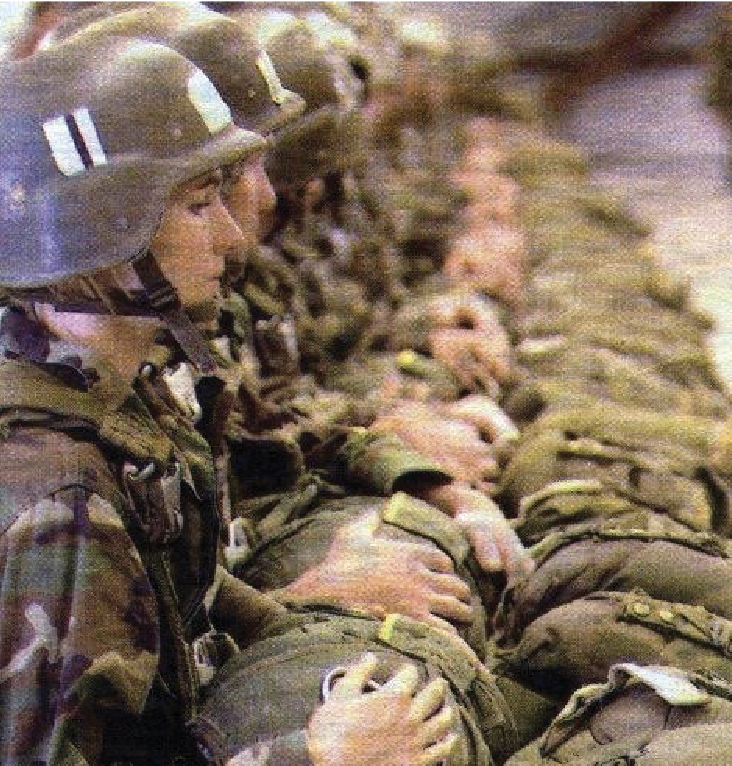It had been some years now since I got out of active duty. I had ‘transitioned.’ However, it was obvious to me that my veteran community was suffering and struggling to adapt to this new world on the outside. As I travelled the country on business, I would frequently end up sitting next to veterans on a plane. Once the veteran connection was established, when they could get past my gender and realize I was in the fight alongside them, they would offload their personal stories. Many had never shared these things with their own families. I would listen and advise if possible.
After years of this, it became apparent that something wasn’t working. Why was I constantly being bombarded with this heavy stuff? I tried ignoring it but then started dissecting the events. Veterans want to talk to veterans— not white coats, not federally-funded programs stemming around entrepreneurship where they handle hundreds of people led by a non-business owner, and not corporate America attempting to give them a job. They wanted connections with people who understood them. Perhaps being a female was also non-threatening and these guys could be vulnerable?
Continue reading

 Login
Login

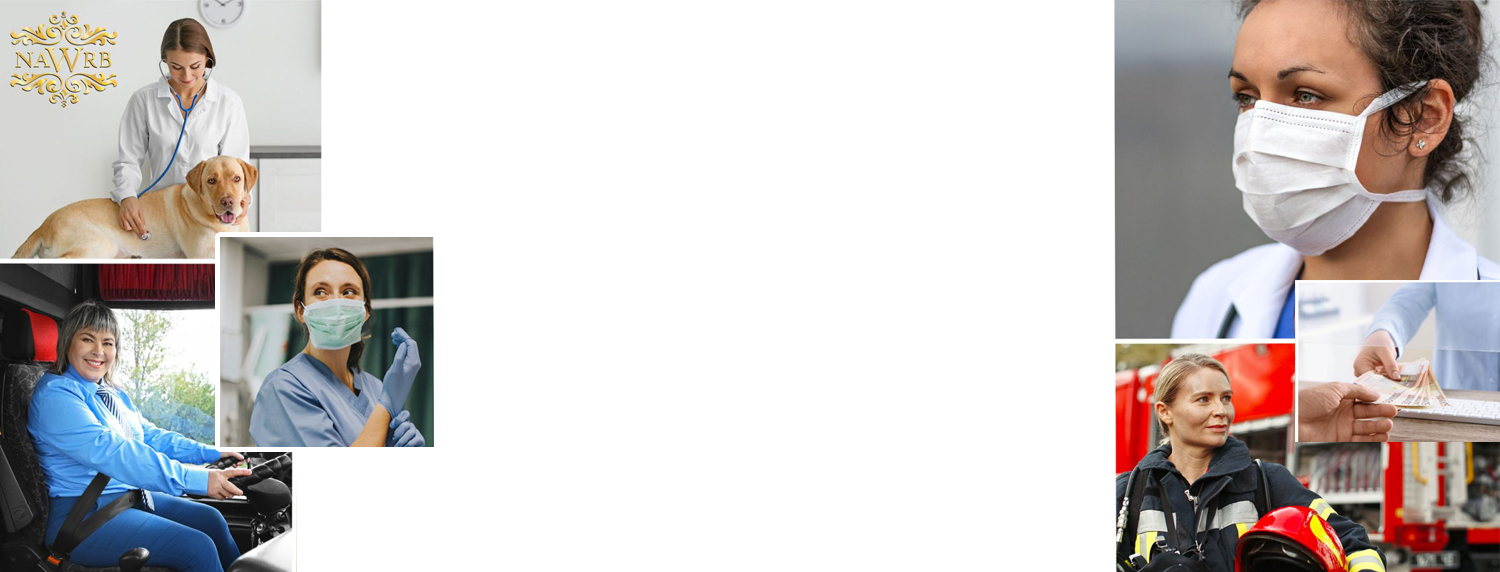















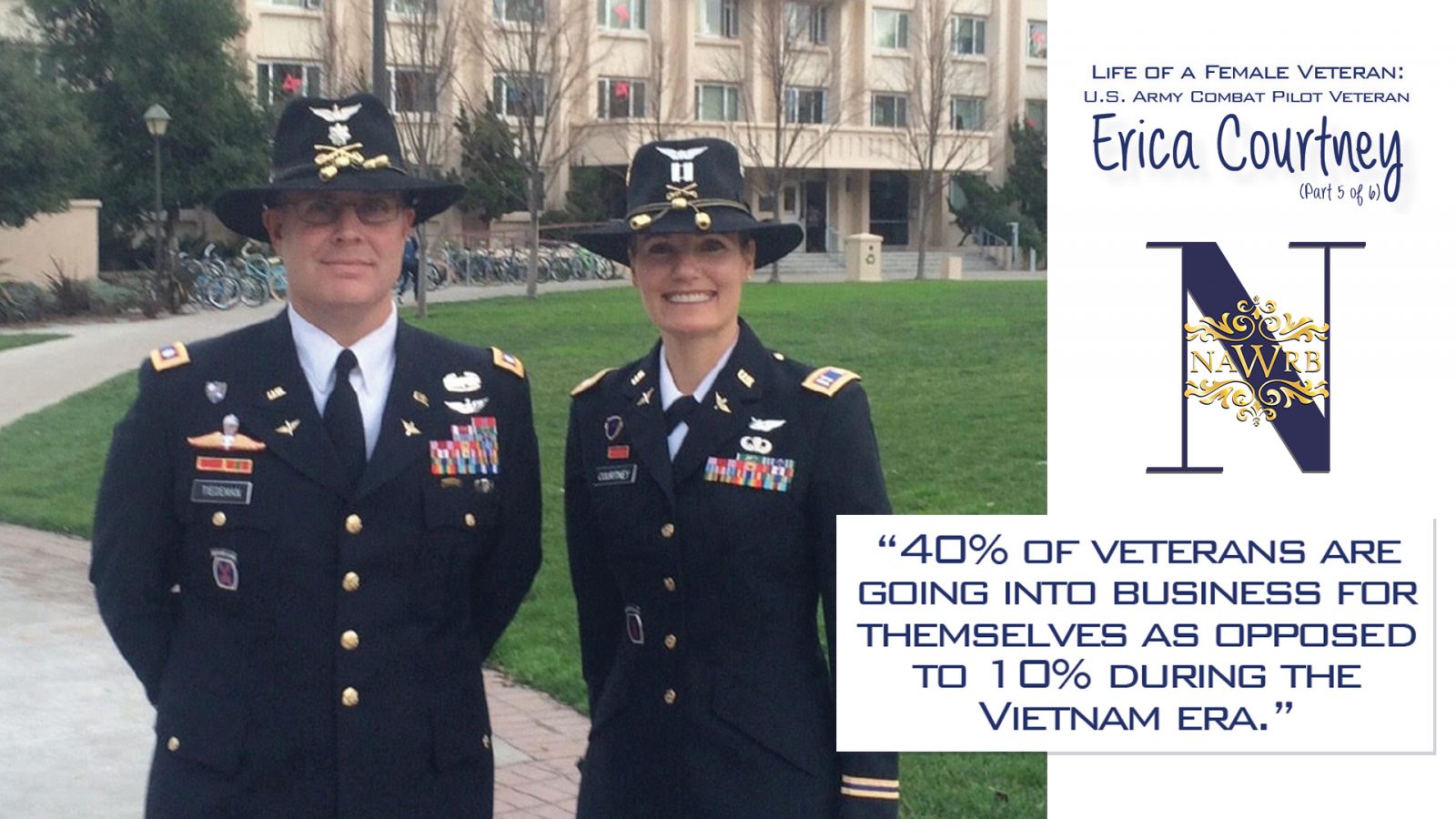
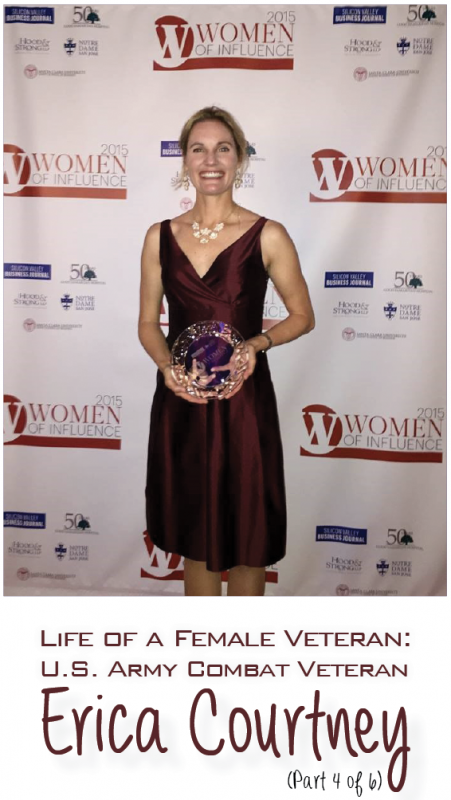 With my EMBA close to completion, I was offered a senior level job at a logistics company in Miami. They needed me to lead and grow the government market. Even though I kicked and screamed about being pigeon-holed in logistics and contracting, it sure was a marketable skill. I used to buy everything, from BBQs and sunglasses to furniture and aircraft armor. I worked with the contracting officers and comptrollers who handle the big budgets routinely when I had to equip my units in the U.S. or abroad. Now companies wanted to know how to get to the person I used to be.
With my EMBA close to completion, I was offered a senior level job at a logistics company in Miami. They needed me to lead and grow the government market. Even though I kicked and screamed about being pigeon-holed in logistics and contracting, it sure was a marketable skill. I used to buy everything, from BBQs and sunglasses to furniture and aircraft armor. I worked with the contracting officers and comptrollers who handle the big budgets routinely when I had to equip my units in the U.S. or abroad. Now companies wanted to know how to get to the person I used to be.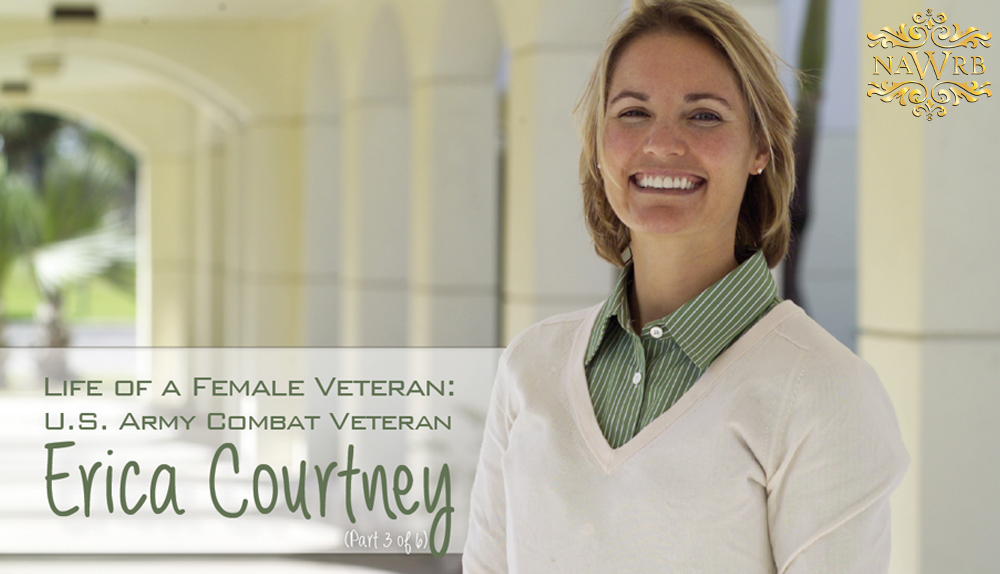
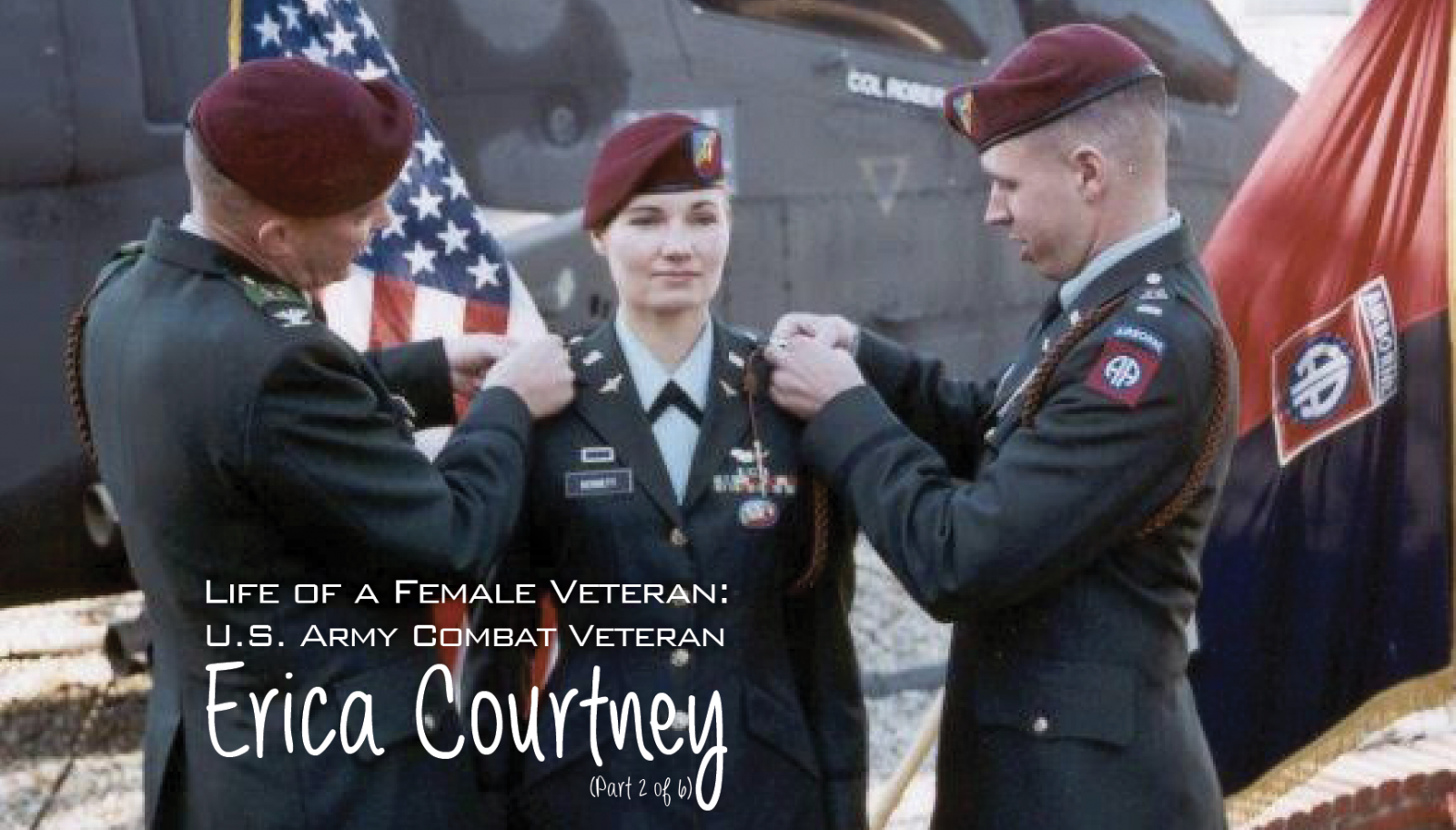
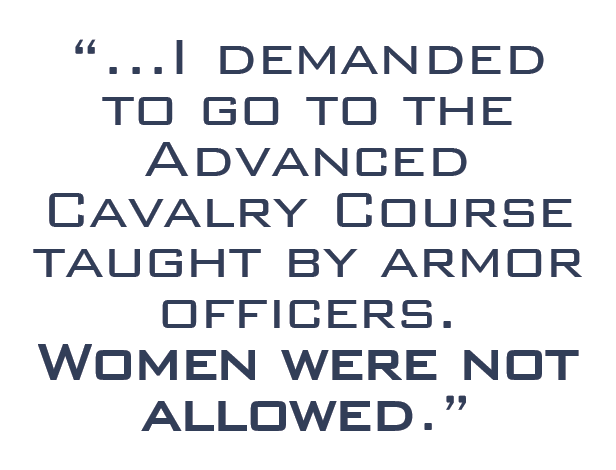 I was awarded my spurs and wore them with pride! One slight issue, women were not allowed to wear pants with their dress uniform, they only had skirts. It was the year 2000 and spurs looked absolutely ridiculous on heels with a skirt. I broke the rules and had a Korean tailor make my uniform pants like the guys wear. This is a big no-no in the service. Uniforms are important and you must stick to the regulation. When I showed up to the ceremony in pants, no one cared. “Looking good lieutenant,” is all I got from my senior leaders. That was liberating. The symbolism here was powerful. Integration is never easy, but it gets easier for those who come after us. We were blazing the trail. I learned early on that if baseless hatred gets to you, they win. I learned to overcome discrimination by working hard, being physically and mentally tough, and setting the example. Eventually, the same guys who did not want me there were the same guys not wanting me to leave. Earned spurs in hand, I left having made it easier for the women behind me and left the unit a better place.
I was awarded my spurs and wore them with pride! One slight issue, women were not allowed to wear pants with their dress uniform, they only had skirts. It was the year 2000 and spurs looked absolutely ridiculous on heels with a skirt. I broke the rules and had a Korean tailor make my uniform pants like the guys wear. This is a big no-no in the service. Uniforms are important and you must stick to the regulation. When I showed up to the ceremony in pants, no one cared. “Looking good lieutenant,” is all I got from my senior leaders. That was liberating. The symbolism here was powerful. Integration is never easy, but it gets easier for those who come after us. We were blazing the trail. I learned early on that if baseless hatred gets to you, they win. I learned to overcome discrimination by working hard, being physically and mentally tough, and setting the example. Eventually, the same guys who did not want me there were the same guys not wanting me to leave. Earned spurs in hand, I left having made it easier for the women behind me and left the unit a better place.